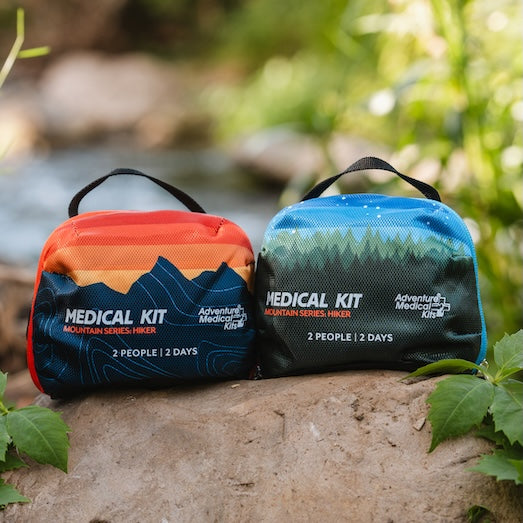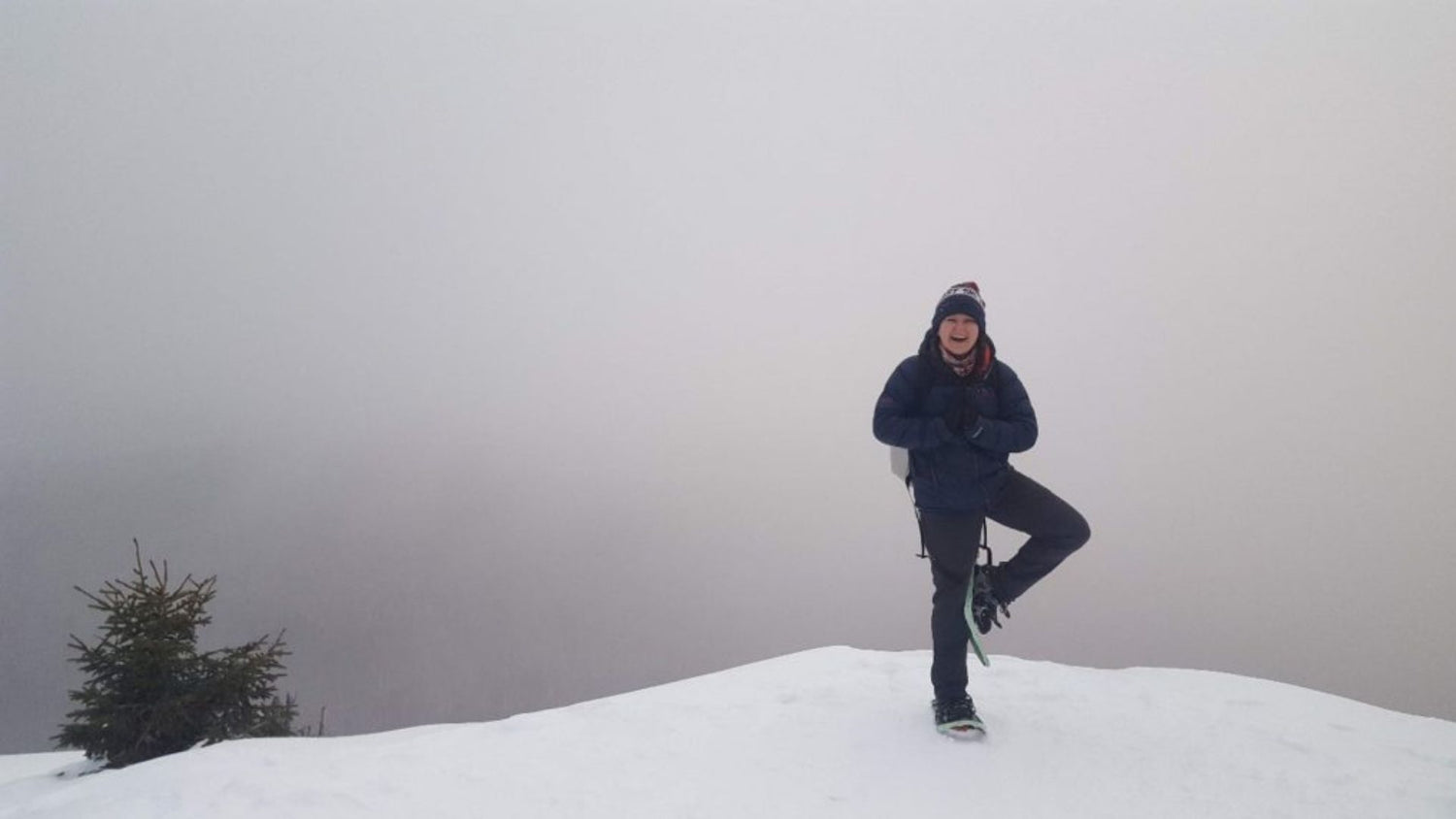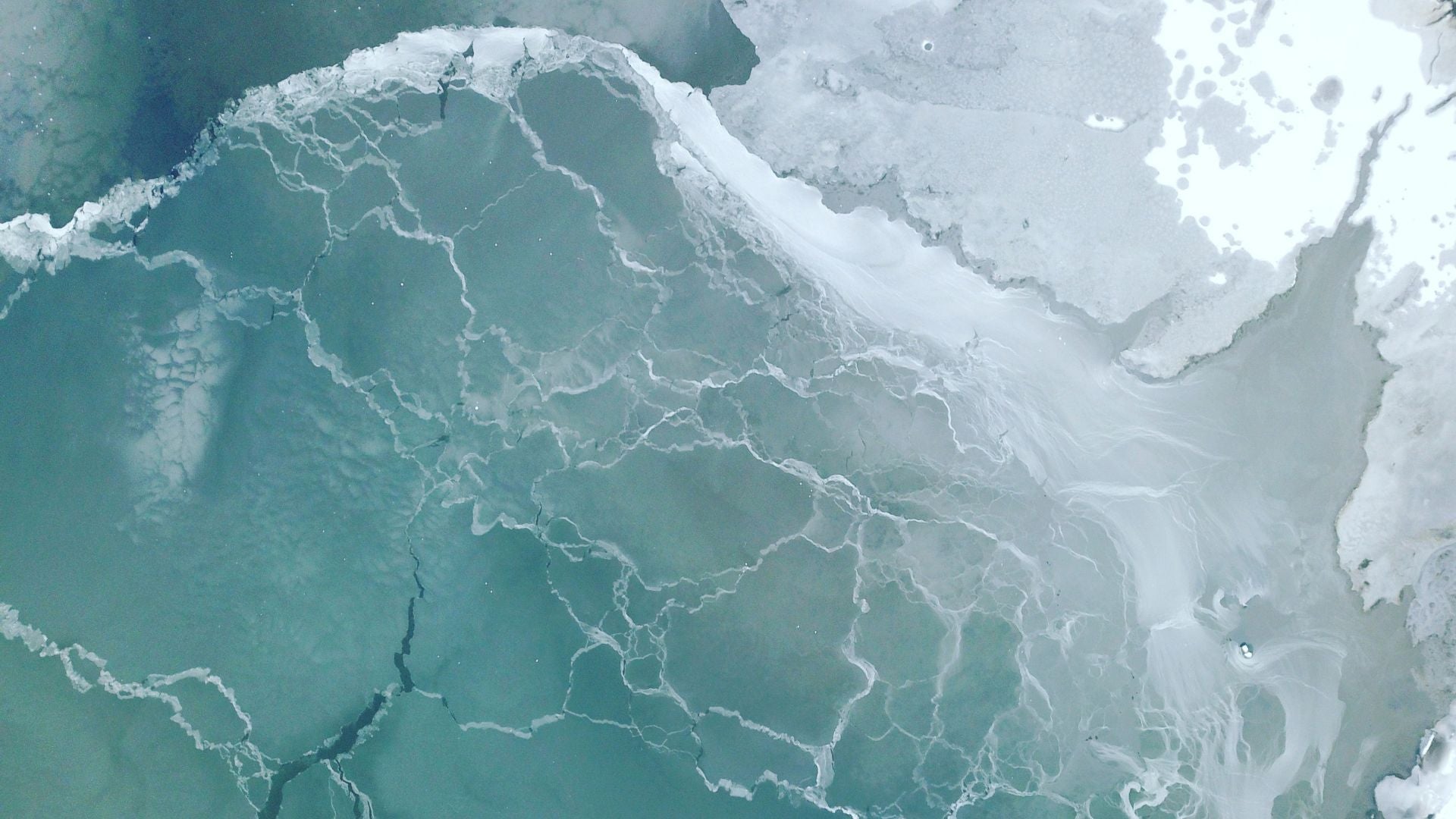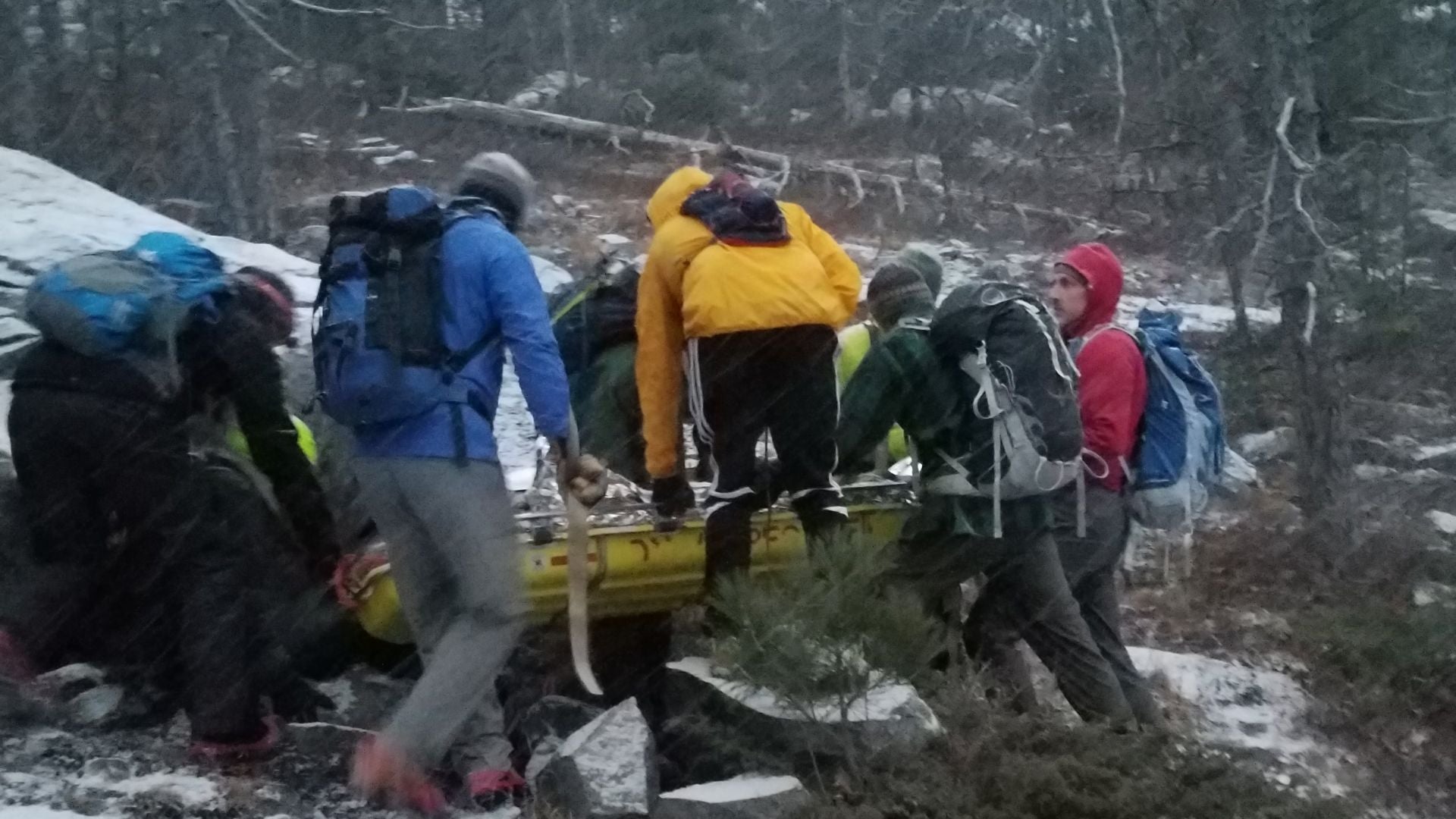As much as I am loathe to admit it, I was not my best self towards the end of our Wind River expedition last summer. I was grumpy, irritable, and snapping at my teammates, even though my Instagram makes it look like every day was sunshine and clear skies.
In my day to day life, I have a self-care regimen that helps alleviate stress and makes me a generally more pleasant person to be around. Taking to the woods features heavily in my relaxation routine, separating me from my technology-heavy, constantly plugged-in work day. What happens when instead of being relaxing and rejuvenating, long days on the trail lugging heavy packs after failing to accomplish expedition goals become the stressors? How do you take the time to reset and de-stress in the wilderness?
During my past few expeditions, I’ve made mistakes and discovered some essential tips on how to promote relaxation in the wilderness. Here are a few ways to practice self-care in the backcountry.
Listen to Your Body
The first step to ensuring you have a successful expedition is to prepare your body for the stressors. Long days on the trail and heavy packs can be exhausting. By undertaking a rigorous training plan before your trip, you can ensure that you have a head start on the physical work required to accomplish your expedition goals. During training, make sure you’re listening into your body and taking rest days and de-load weeks as necessary. This will help ensure that you are not burnt out before the trip even begins.
On the trail, you also need to be in tune with your body.
On the trail, you also need to be in tune with your body. While you may have lofty mileage goals, you need to make sure you are resting as needed, tending to any potential injuries early, and eating and drinking enough. By rationing your energy and paying attention to what your body needs, you will be able to handle any potential issues or set-backs without stress.
Food as Self-Care
At home, food is a huge part of self-care. My morning coffee ritual is practically sacred, and I maintain that there is nothing like a perfectly brewed cup to start my morning. On a recent trip to the Bugaboos, I made sure to translate my coffee ritual from home to the backcountry. Although I traded pour-over for instant and local milk for dry, I still mixed my cup of coffee as I would at home, making my dried milk separate from my cup of coffee before adding it to my steaming cup. Call me crazy, but it was so soothing to just go through the motions of making a cup of coffee and taking a few moments to myself before starting my day.
On this most recent trip to the Wind River Range, I attempted to save weight and time in the morning by packing only tea and black coffee, as well as a daily breakfast of peanut butter and whole wheat English muffins. Now, I don’t actually like peanut butter or cold English muffins, but I’d heard that it was a good, filling breakfast that would keep me going throughout the day. By the end of the trip, I was so tired of black coffee, and I couldn’t look at, let alone eat, another peanut butter English muffin, and I was ravenously digging into a Clif bar by mid-morning.
On the Wind River trip, morning was not the energizing, positive start to my day that I make it at home; instead it was another thing to ‘get through’ before I could start hiking. As it turns out, the idea that ‘everything tastes good on the trail’ only gets you so far.
Food can function as self-care in the backcountry.
What I learned? Food can function as self-care in the backcountry. Something as small as packing a breakfast or a snack that you know you will look forward to and enjoy eating can make a huge difference in elevating your mood and reducing stress. For me, I know it’s worth the weight to pack a few tablespoons of dried milk to add to my coffee or a couple of packets of hot chocolate to close out a particularly rigorous day. Whatever this means for you, packing some comfort food can make all the difference.
Taking Time for Yourself
Although I consider myself an extrovert, at home I treasure my alone time. Curling up on the couch while my husband is away on an ambitious mountaineering trip with a glass of wine and just my dogs as company can be incredibly restorative for me, in moderation. Taking time for yourself on a backpacking trip, just as in life, is very important.
In the Wind River Range, I didn’t realize this until it was too late. While the four of us got along very well, having three other people in your space 24/7 can be overwhelming. As I found myself growing more and more irritable, I realized I needed to spend some time alone, recovering from the miles we’d been putting on our bodies. Luckily, I had brought my kindle and was ready for some literary escape. This was my second mistake.
For Expedition #BeSafeGannett, I had downloaded a particularly ambitious read that had been on my “to be read” list for some time, thinking that I’d have a lot of downtime in the evening to dive into the novel. Expeditions are not the time to bolster your literary street cred. Instead of escaping into an enjoyable read, I found myself mentally exhausted from long days on the trail and growing more frustrated.
I then switched to reading a deeply troubling novel about a rather depressing dystopian future – also not the best choice for relaxing and rejuvenating my brain. For our upcoming trip to the Cascades, I’ve resolved to instead bring the literary equivalent of my morning coffee ritual, a fun go-to read that I know I will find enjoyable and refreshing.
If reading isn’t your cup of perfectly measured coffee, milk, and sugar, there are a lot of other things you can do to take time for yourself that don’t involve adding much weight to your pack. Two of our team members in the Wind River Range brought Tenkara fly fishing rods and spent their evenings fishing to blow off some steam and recover some of their sanity. There are also yoga and meditation apps that allow you to download practices that you can access offline.
A Little Goes a Long Way
Self-care is not all face masks, bath bombs, and scented candles (though those can be great, too); sometimes it’s as simple as taking some time for yourself and building some luxuries into your wilderness expedition. Before leaving on an expedition, think about what stress-relieving techniques you use at home and how they can be translated into the backcountry. A little goes a long way out there, and a small change may make the difference between a positive attitude and an irritable teammate.














